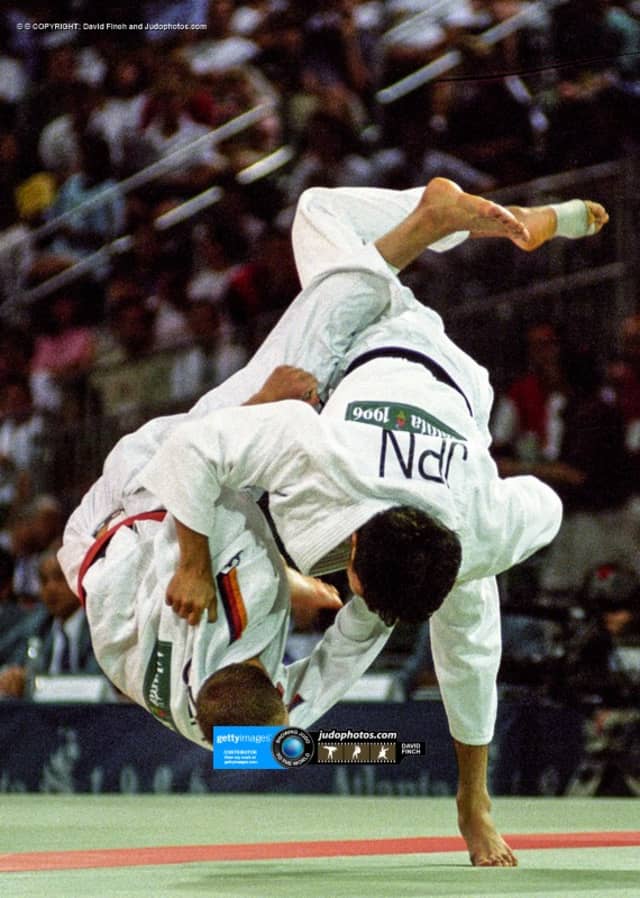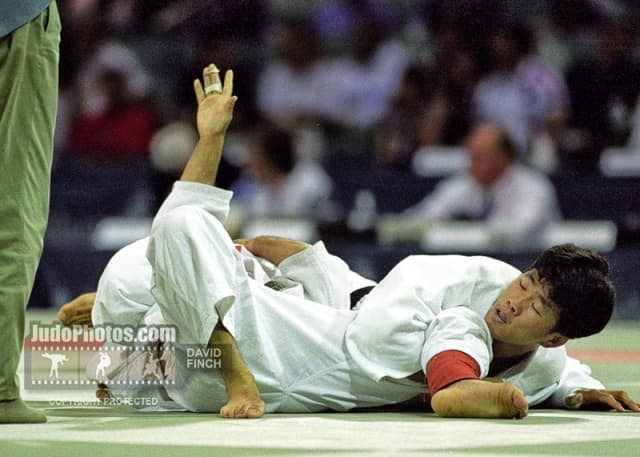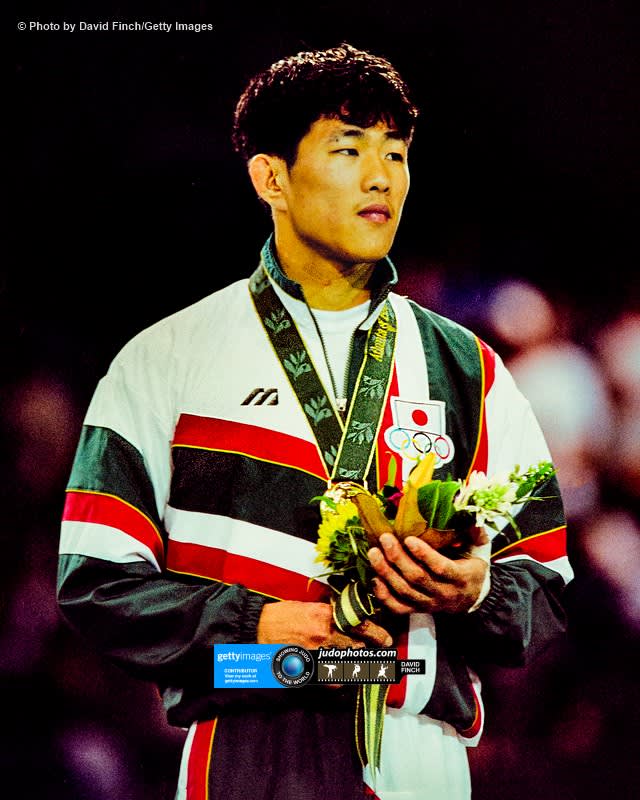We introduced the statistics, the almost impossible feat and the question in our first article in the series, which can be found here:
https://www.ijf.org/news/show/151-olympic-champions-tokyo-to-tokyo
A reminder of the question:
It could be said that to be in the company of an Olympic judo champion is to be presented with someone whom has reached an absolute pinnacle, a ceiling which cannot be surpassed; there is nowhere further to ascend in the world of sport. We often find Olympic champions speaking with freedom and certainty, unafraid to share an opinion, speaking of their lives and journeys with confidence. For many we feel there is peace, and that can be magnetic and inspiring.
So the question is, did they become Olympic champion because of that character or did they become that person having won the Olympic gold medal?
“In Japan, from early childhood, everyone wants to be first, first in anything, and so the Japanese mentality doesn’t allow people to lose. A gold medallist is good but others are nothing! Gradually this is changing and now an athlete is requested to be a strong person as well as a champion and this is important. This illustrates the difference between the old ways of Budo and how sports are now."

"In times before, we built some competition opportunities to get better and better. Then they made any occasion into an opportunity to compete because there weren’t so many organised competitions as there are now. Now there are more tournaments and with points and ranking. Also, before we had Kangeiko in Japan and summer training and so if someone was not in good condition there were these extra ways to raise the fitness levels.
During the process of developing towards this medal, an athlete must be changing their way of thinking. Making the grade changes the way you think and the way you talk without even realising it.”
With all that said, what was the difference between winning the gold and not winning it, for you? Why was it Kenzo Nakamura that day and not someone else?
“I never thought I had a special sense for any special techniques. I had a very strong heart though and would never give up. The difference between me and them may be how seriously I put myself into judo.
There are many judoka who are strong and have certain types of technique and it was important to be able to adapt and to change; I did that well. Like Darwin’s theory, I was adaptable and so survived. Through practice and knowing myself and the choice to cover any lack of technique with power and stamina, I pursued how I could win by taking ippon."

"It is a normal idea for everyone to develop themselves but it is also necessary to include the opponent in our thinking as well. I did that too.”
Would life be different if you didn’t win the Olympic gold?
"If I didn’t get the gold then life would have been different. Yamashita Sensei said that after winning a medal at the Olympics the colour of that medal changes. You have to continue with the right behaviour in order for the medal to stay gold. It can change and reduce if you don’t respect this achievement.
I won the final in Atlanta by hantei 2-1 and I expressed my happiness in that moment but when I looked at my opponent, he was full of disappointment and hit the tatami, so I regained my composure. I think you don’t notice this kind of moment unless you do judo. I took that into life with me, a lesson learned due to winning that gold medal.
One last thing is that my big brother is like a coach to me. Four years older, he had some sort of leadership role. Also my middle brother was close to my age and was like a training partner so I had a coach and training partner with me always and the atmosphere between us was good and all of that was an advantage. We were all world champions.”
Yoshio and Yukimasa Nakamura were world champions in 1993; Kenzo won in 1997. Yukimasa won a silver medal at the Atlanta Olympics at -65 kg while Kenzo became Olympic champion at the same event, -71 kg.


